
Ouvea Island - New Caledonia's Hidden Gem
Ouvea Island is a stunning paradise located in New Caledonia. Known for its turquoise waters and powder-white sands, this island offers a serene escape from the hustle and bustle of city life. The island is part of the Loyalty Islands and is famous for its 25-kilometer-long beach, which is considered one of the most beautiful in the world. The island is a haven for nature lovers, with its rich biodiversity and lush vegetation. Snorkeling and diving enthusiasts will be delighted by the vibrant coral reefs and abundant marine life. The calm, clear waters make it an ideal spot for swimming and kayaking. Bird watchers will also find joy in spotting the many native bird species that inhabit the island. Cultural experiences are abundant on Ouvea Island. The local Kanak people are welcoming and often share their traditions and way of life with visitors. You can visit traditional villages, participate in local festivals, and enjoy the unique Melanesian cuisine. The island also hosts several historical sites, including ancient archaeological remains and colonial-era buildings. Whether you're seeking adventure or relaxation, Ouvea Island offers a perfect blend of natural beauty and cultural richness. It's a destination that promises unforgettable memories and a deep connection with nature and local traditions.
Local tips in Ouvea Island
- Visit during the dry season (May to October) for the best weather.
- Pack reef-safe sunscreen to protect the coral reefs.
- Learn a few basic French phrases; it's the primary language spoken.
- Respect local customs and traditions, especially when visiting villages.
- Carry cash, as ATMs are scarce on the island.
Ouvea Island - New Caledonia's Hidden Gem
Ouvea Island is a stunning paradise located in New Caledonia. Known for its turquoise waters and powder-white sands, this island offers a serene escape from the hustle and bustle of city life. The island is part of the Loyalty Islands and is famous for its 25-kilometer-long beach, which is considered one of the most beautiful in the world. The island is a haven for nature lovers, with its rich biodiversity and lush vegetation. Snorkeling and diving enthusiasts will be delighted by the vibrant coral reefs and abundant marine life. The calm, clear waters make it an ideal spot for swimming and kayaking. Bird watchers will also find joy in spotting the many native bird species that inhabit the island. Cultural experiences are abundant on Ouvea Island. The local Kanak people are welcoming and often share their traditions and way of life with visitors. You can visit traditional villages, participate in local festivals, and enjoy the unique Melanesian cuisine. The island also hosts several historical sites, including ancient archaeological remains and colonial-era buildings. Whether you're seeking adventure or relaxation, Ouvea Island offers a perfect blend of natural beauty and cultural richness. It's a destination that promises unforgettable memories and a deep connection with nature and local traditions.
When is the best time to go to Ouvea Island?
Iconic landmarks you can’t miss
Isle of Pines
Discover the serene beauty of Isle of Pines, a tropical paradise in New Caledonia known for stunning beaches, vibrant marine life, and rich culture.
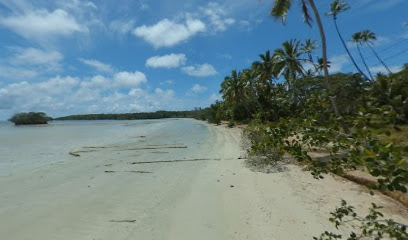
Hôtel Paradis d'Ouvéa, Nouvelle Calédonie
Experience the tranquil beauty of Hôtel Paradis d'Ouvéa, a tropical oasis in New Caledonia's stunning Ouvéa Island, perfect for relaxation and adventure.

Ouvéa Island
Experience the pristine beauty and rich culture of Ouvéa Island, a hidden paradise in New Caledonia, perfect for adventure and relaxation.
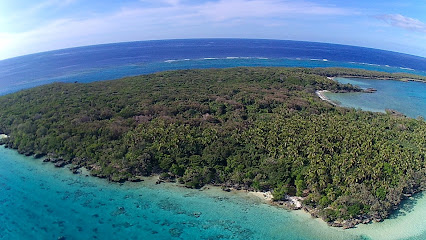
Chez Dydyce Guesthouse
Discover the charm and tranquility of Ouvéa at Chez Dydyce Guesthouse, your perfect retreat in New Caledonia's stunning landscapes.

Falaise de Lékiny
Explore the awe-inspiring Falaise de Lékiny, a breathtaking natural attraction in Ouvéa, New Caledonia, blending adventure and stunning scenery.
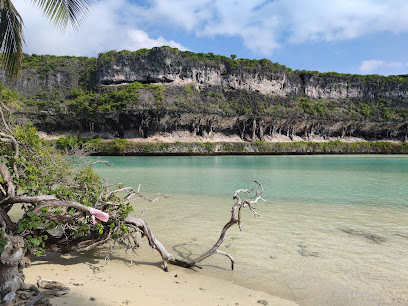
Beauvoisin
Discover the serene beauty of Ouvéa at Beauvoisin Lodge, your perfect getaway in New Caledonia's tropical paradise.

Pleiades du nord
Experience the breathtaking beauty of New Caledonia with Pleiades du Nord's exceptional boat tours, from snorkeling to deep-sea fishing adventures.
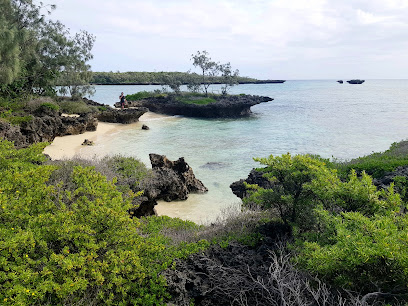
Église du Saint Nom de Marie à Mouli
Explore the serene Église du Saint Nom de Marie in Mouli, a captivating Catholic church with stunning architecture and tranquil gardens, perfect for reflection.
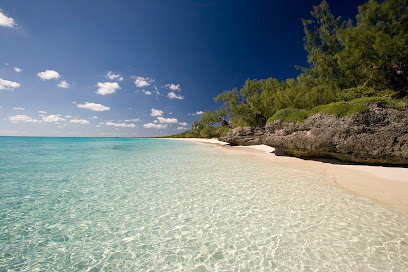
Hanawa Blue Hole
Experience the serene beauty of Hanawa Blue Hole, a hidden gem in Ouvéa, New Caledonia, perfect for swimming and snorkeling in vibrant turquoise waters.
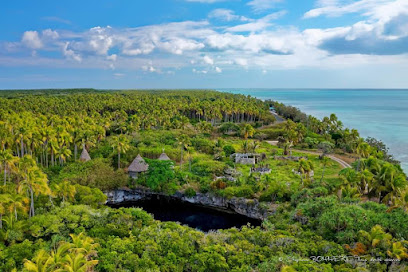
Mémorial des dix-neuf
Explore Mémorial des dix-neuf, a historical landmark in Ouvéa, New Caledonia, honoring the region's significant past amidst serene natural beauty.
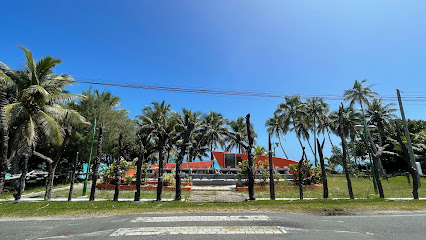
Unmissable attractions to see
Jokin Cliffs
Explore the breathtaking Jokin Cliffs in New Caledonia, where stunning ocean views and rich biodiversity await every traveler.
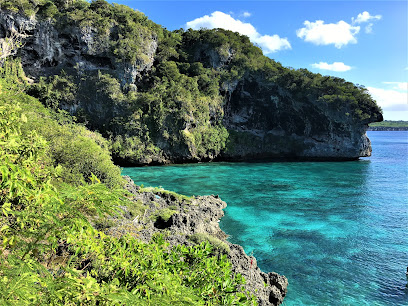
The Natural Aquarium Lifou
Explore the vibrant marine life at The Natural Aquarium Lifou, a must-visit destination in New Caledonia showcasing stunning aquatic ecosystems.
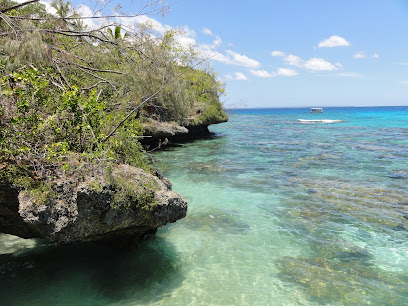
Ouvéa Island
Experience the untouched paradise of Ouvéa Island, a stunning destination in New Caledonia with pristine beaches and rich cultural heritage.
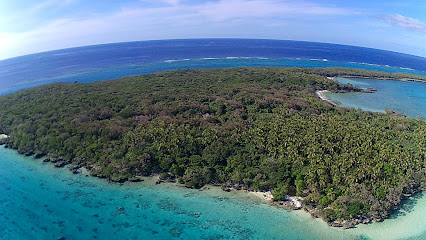
Kiki Plage
Discover the beauty of Kiki Plage, a breathtaking beach in New Caledonia, perfect for relaxation, snorkeling, and savoring local cuisine.
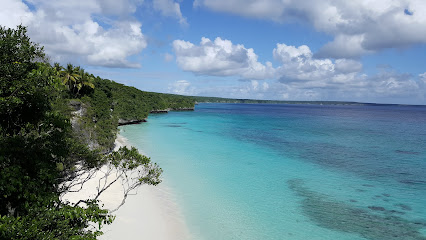
Lifou Nature
Experience the natural splendor and rich cultural heritage of Lifou Nature, a must-visit destination in New Caledonia's tropical paradise.
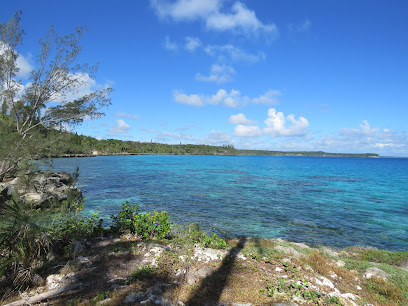
ANEP
Explore ANEP, New Caledonia's premier wildlife park, and experience the breathtaking flora and fauna of this stunning region.
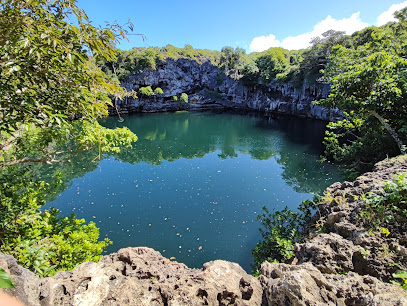
Pleiades du nord
Discover the breathtaking beauty of Ouvéa with Pleiades du nord, your gateway to unforgettable boat tours and vibrant marine adventures.
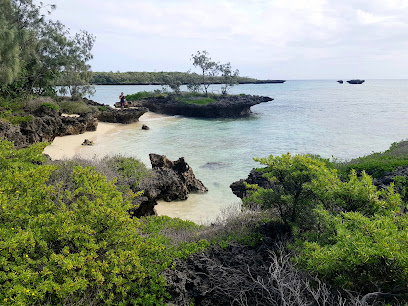
Église du Saint Nom de Marie à Mouli
Discover the spiritual beauty of Église du Saint Nom de Marie in Mouli, a stunning Catholic church surrounded by nature and rich cultural heritage.
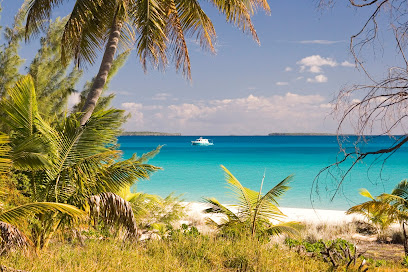
Vanilleraie d'Ouvéa ou UA HUKA vanilleraie
Experience the enchanting world of vanilla cultivation at Vanilleraie d'Ouvéa, a must-visit destination in New Caledonia's paradise.
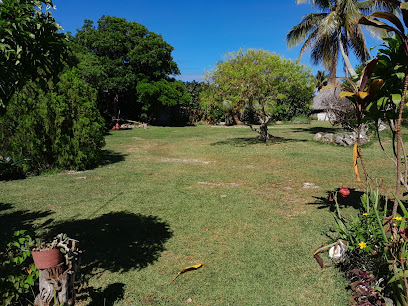
Hanawa Blue Hole
Explore the tranquility of Hanawa Blue Hole in Ouvéa, New Caledonia – a stunning lake with crystal-clear waters and vibrant marine life.
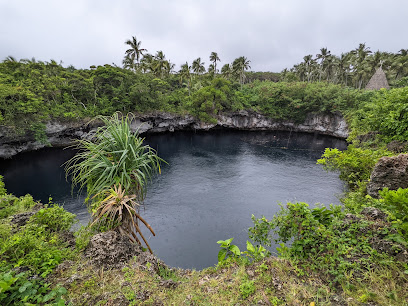
Îlot Tibarama
Explore the pristine beauty and vibrant marine life at Îlot Tibarama, a tropical paradise in New Caledonia perfect for relaxation and adventure.
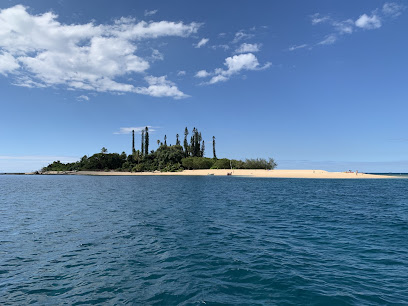
Cave tour departure point
Embark on an unforgettable adventure exploring the unique cave systems of Easo, New Caledonia, rich in geological wonders and biodiversity.
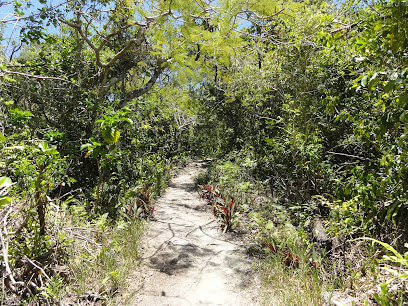
Îlot Fayawa
Explore the untouched beauty of Îlot Fayawa, a serene islet in New Caledonia, perfect for relaxation, snorkeling, and immersing in nature's splendor.
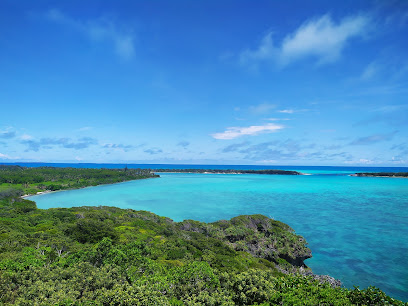
Hulup caves (grotte Kong Hulup)
Discover the enchanting Hulup Caves in Ouvéa, New Caledonia, a natural wonder filled with stunning formations and cultural significance.
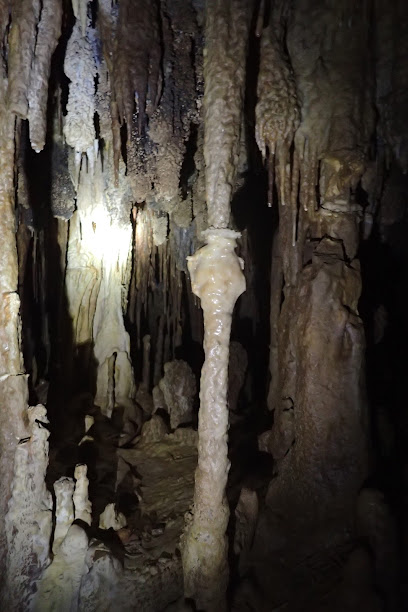
Les cocoteraies de Balhaba
Explore the tranquil beauty of Les Cocoteraies de Balhaba, a lush garden in Ouvéa, New Caledonia, where nature and serenity converge.
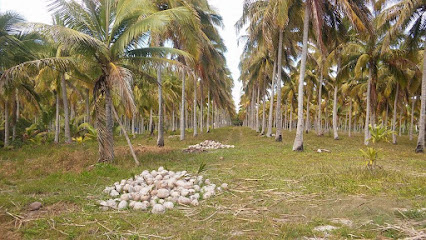
Essential places to dine
Hôtel Paradis d'Ouvéa, Nouvelle Calédonie
Experience unparalleled tranquility at Hôtel Paradis d'Ouvéa, where stunning beaches meet rich cultural heritage in New Caledonia's breathtaking paradise.

Hotel Beauprés
Experience tropical bliss at Hotel Beauprés in Ouvéa—your gateway to stunning beaches and vibrant local culture.

Ouvéa Island
Experience paradise on Ouvéa Island: pristine beaches, vibrant coral reefs, and rich cultural heritage await in New Caledonia.
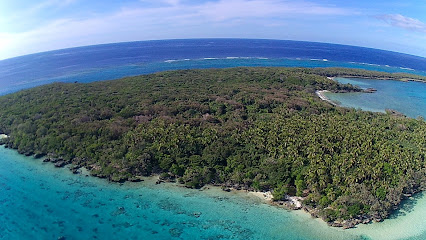
Snack O'Kafika
Discover authentic New Caledonian flavors at Snack O'Kafika in Ouvéa—a culinary treasure waiting to be explored by tourists.
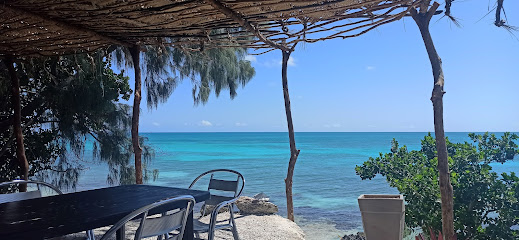
Soleil Levant
Discover exquisite local cuisine at Soleil Levant, where breathtaking views meet delicious flavors on the stunning island of Ouvéa.
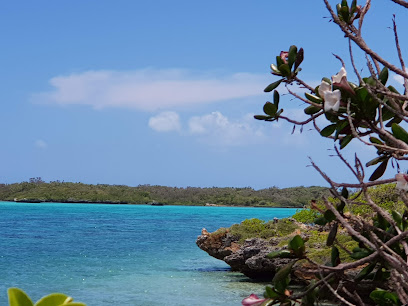
Fassy
Discover Fassy in Ouvéa for an authentic taste of New Caledonian cuisine amidst breathtaking island scenery.
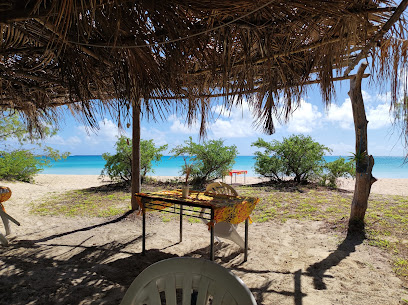
Restaurant Didéwa
Discover authentic New Caledonian cuisine at Restaurant Didéwa in Ouvéa - where every bite tells a story.
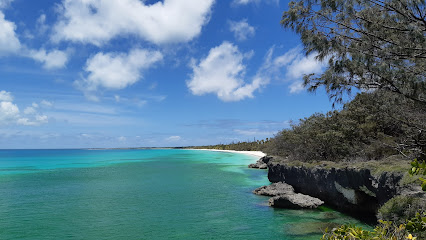
Les derniers rayons de Soleil
Indulge in authentic New Caledonian cuisine at Les Derniers Rayons de Soleil with stunning views and exceptional service in Ouvéa.
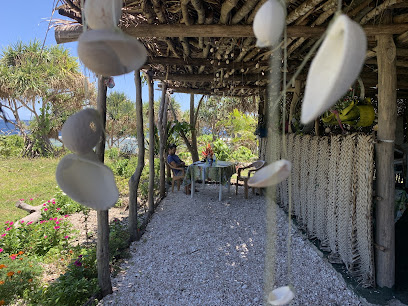
Oné sina Table d'hôte bord de mer
Experience exquisite local cuisine with breathtaking ocean views at Oné sina Table d'hôte in Ouvéa, New Caledonia.
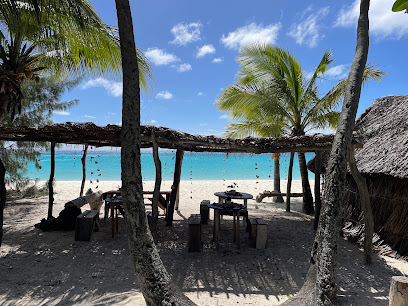
Domicile de GOPE Pierre
Discover authentic New Caledonian flavors at Domicile de GOPE Pierre, where freshly baked pastries meet warm island hospitality.
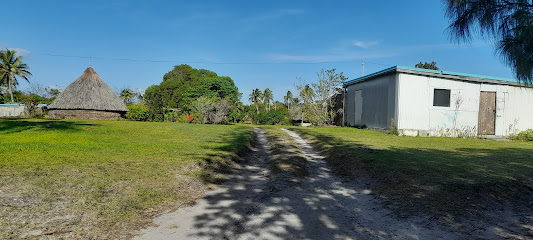
Markets, malls and hidden boutiques
Hôtel Paradis d'Ouvéa, Nouvelle Calédonie
Experience the beauty of Ouvéa at Hôtel Paradis d'Ouvéa, where relaxation meets adventure in New Caledonia's tropical paradise.

Baie Des Citrons Shopping Complex
Experience the vibrant atmosphere and diverse shopping options at Baie Des Citrons Shopping Complex in Nouméa, New Caledonia.
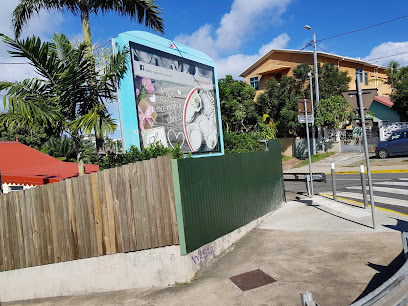
Ouvéa Island
Discover the untouched beauty of Ouvéa Island, a tranquil paradise in New Caledonia known for its pristine beaches and vibrant marine life.
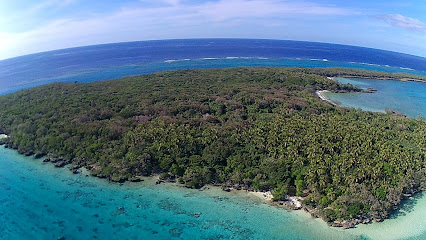
Gite Moague
Discover tranquility at Gite Moague, a charming hotel nestled in the scenic beauty of Fayaoue, New Caledonia, perfect for relaxation and adventure.

Beauvoisin
Experience the serene beauty of Ouvéa at Beauvoisin Lodge, a tranquil retreat in New Caledonia offering comfort, culture, and adventure.

Pleiades du nord
Explore the stunning waters of Ouvéa with Pleiades du Nord, where unforgettable boat tours reveal the beauty of New Caledonia's marine life.
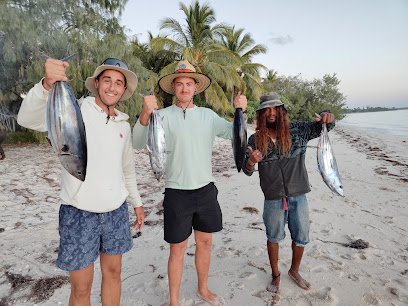
La Villa Cachée
Explore La Villa Cachée in Nouméa for unique Aboriginal art, handcrafted gifts, and an unforgettable cultural experience.
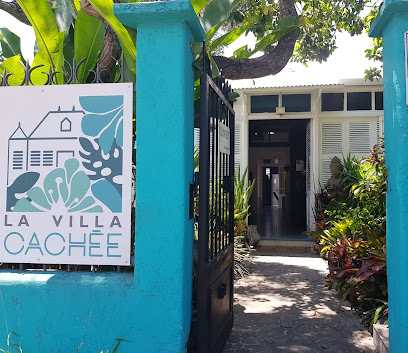
Église du Saint Nom de Marie à Mouli
Explore the Église du Saint Nom de Marie, a serene Catholic church in Mouli, New Caledonia, blending spirituality with stunning architecture.
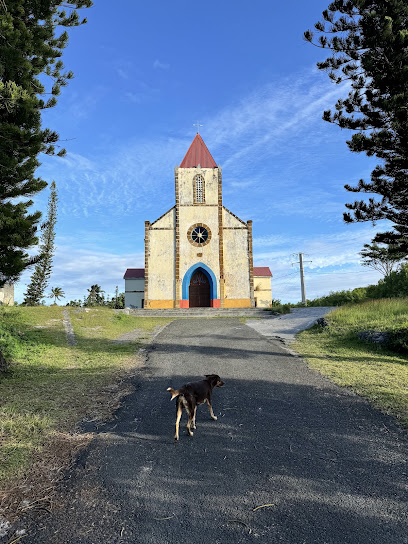
Les Arts du Pacifique - Anse Vata
Explore the vibrant artistry of New Caledonia at Les Arts du Pacifique, offering unique handicrafts and exquisite sculptures in Anse Vata.
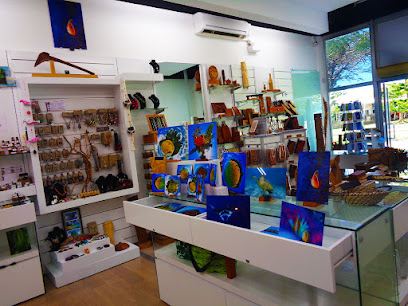
ONO Factory
Explore ONO Factory in Lifou for unique handcrafted gifts and delicious local honey, capturing the essence of New Caledonian culture.
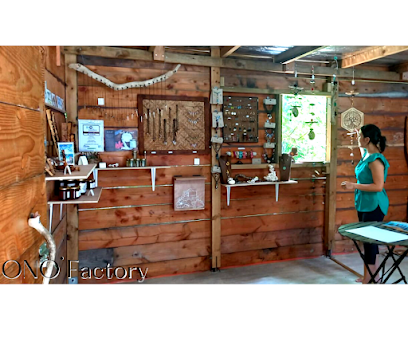
FACTORY OMBRAGES | Fabricant de Stores, Toiles, Pergolas & Carports
Explore Factory Ombrages in New Caledonia for exquisite window treatments and outdoor solutions tailored to enhance your home.
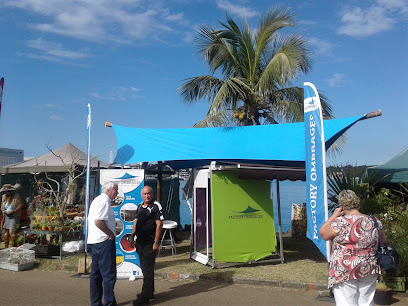
FATU
Explore FATU in Ouvéa for unique natural products that showcase the beauty and culture of New Caledonia's rich biodiversity.

JD alimentaire
Explore authentic New Caledonian flavors at JD Alimentaire, the island's go-to grocery store for fresh produce and local delicacies.

Lec Lec Tic
Explore Lec Lec Tic in Nouméa for unique gifts and local handicrafts that embody the spirit of New Caledonia.
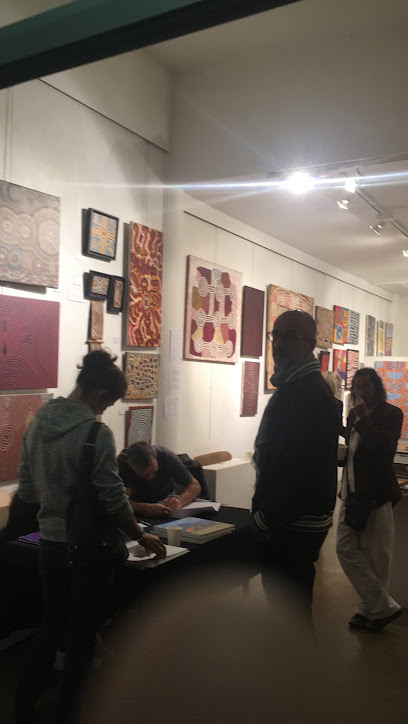
Domicile de GOPE Pierre
Experience the delightful flavors of Ouvéa at Domicile de GOPE Pierre, a bakery renowned for its exquisite pastries and warm, inviting atmosphere.
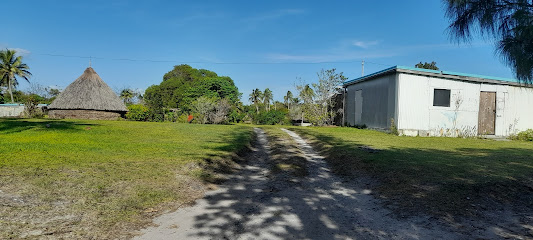
Essential bars & hidden hideouts
Hôtel Paradis d'Ouvéa, Nouvelle Calédonie
Experience the tranquil beauty and rich culture of Ouvéa at Hôtel Paradis d'Ouvéa in Nouvelle Calédonie, a serene getaway for every traveler.

Ouvéa Island
Discover the untouched beauty of Ouvéa Island, a tropical paradise in New Caledonia known for its pristine beaches and vibrant marine life.
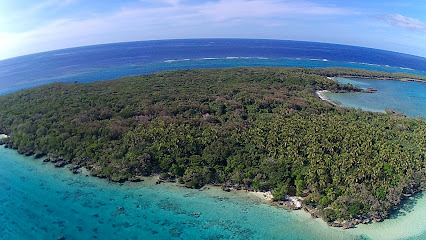
Oné sina Table d'hôte bord de mer
Experience the best of New Caledonian cuisine with stunning ocean views at Oné sina Table d'hôte in Ouvéa.
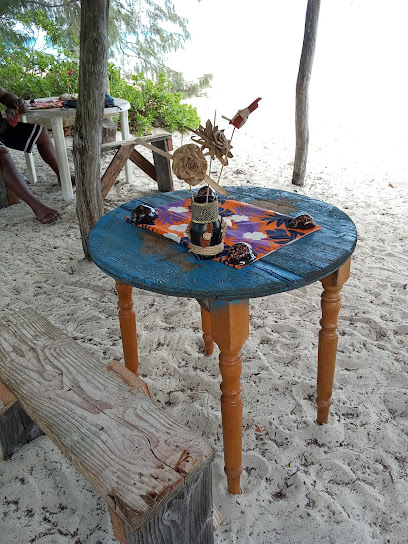
Gaiaö bis repetita
Discover the vibrant atmosphere and local flavors at Gaiaö bis repetita, a charming bar in Siloam, New Caledonia.

Nakamal chez Hnaize
Immerse yourself in New Caledonia's vibrant culture at Nakamal chez Hnaize, where tradition and modernity blend in a lively bar atmosphere.

Chez Fatu
Explore Ouvéa Island with convenience at Chez Fatu - your one-stop shop for essentials and local treats in New Caledonia.

Bar kava
Experience the essence of New Caledonia at Bar Kava in Ouvéa, where tradition meets relaxation in a vibrant atmosphere.

Local Phrases about Ouvea Island
-
- HelloKwehi
[Kwee-hee] - GoodbyeKaouri
[Kah-oo-ree] - YesOui
[Wee] - NoNon
[Non] - Please/You're welcomeMèrci
[Mehr-see] - Thank youMèrci
[Mehr-see] - Excuse me/SorryDésolé
[Day-zoh-lay] - How are you?Comment ça va?
[Koh-mohn sah vah?] - Fine. And you?Ça va bien. Et toi?
[Sah vah byen. Ay twah?] - Do you speak English?Parlez-vous anglais?
[Pahr-lay voo ahn-glay?] - I don't understandJe ne comprends pas
[Zhuh nuh kohm-prahnd pah]
- HelloKwehi
-
- I'd like to see the menu, pleaseJe voudrais voir le menu, s'il vous plaît
[Zhuh voo-dray vwahr luh meh-noo, seel voo pleh] - I don't eat meatJe ne mange pas de viande
[Zhuh nuh mahnj pah duh vee-yahnd] - Cheers!Santé!
[Sahn-tay] - I would like to pay, pleaseJe voudrais payer, s'il vous plaît
[Zhuh voo-dray pay-yay, seel voo pleh]
- I'd like to see the menu, pleaseJe voudrais voir le menu, s'il vous plaît
-
- Help!Au secours!
[Oh seh-coor] - Go away!Allez-vous en!
[Ah-lay voo ahn] - Call the Police!Appelez la police!
[Ah-peh-lay lah poh-leece] - Call a doctor!Appelez un médecin!
[Ah-peh-lay un meh-deh-sahn] - I'm lostJe suis perdu
[Zhuh swee pair-doo] - I'm illJe suis malade
[Zhuh swee mah-lahd]
- Help!Au secours!
-
- I'd like to buy...Je voudrais acheter...
[Zhuh voo-dray ah-shet-ay] - I'm just lookingJe regarde juste
[Zhuh ruh-gard zhust] - How much is it?Combien ça coûte?
[Kohm-byen sah koot] - That's too expensiveC'est trop cher
[Say troh shair] - Can you lower the price?Pouvez-vous baisser le prix?
[Poo-vey voo bay-say luh pree]
- I'd like to buy...Je voudrais acheter...
-
- What time is it?Quelle heure est-il?
[Kell er ay-teel] - It's one o'clockIl est une heure
[Eel ay oon er] - Half past (10)Dix et demie
[Dee ay dehm-ee] - MorningMatin
[Mah-tahn] - AfternoonAprès-midi
[Ah-pray mee-dee] - EveningSoir
[Swahr] - YesterdayHier
[Yehr] - TodayAujourd'hui
[Oh-zhoor-dwee] - TomorrowDemain
[Deh-mahn] - 1Un
[Oon] - 2Deux
[Duh] - 3Trois
[Twa] - 4Quatre
[Kahtr] - 5Cinq
[Sank] - 6Six
[Sees] - 7Sept
[Set] - 8Huit
[Weet] - 9Neuf
[Nuhf] - 10Dix
[Dee]
- What time is it?Quelle heure est-il?
-
- Where's a/the...?Où est...?
[Oo ay] - What's the address?Quelle est l'adresse?
[Kell ay la-dress] - Can you show me (on the map)?Pouvez-vous me montrer (sur la carte)?
[Poo-vey voo muh mohn-tray (soor lah kart)] - When's the next (bus)?Quand est le prochain (bus)?
[Kahnd ay luh pro-shahn (boos)] - A ticket (to ....)Un billet (pour ....)
[Oon bee-yay (poor)]
- Where's a/the...?Où est...?
History of Ouvea Island
-
Ouvea Island, part of the Loyalty Islands in New Caledonia, has been inhabited by the Kanak people for thousands of years. The indigenous Kanak culture is rich with traditions, including complex social structures, clan-based communities, and a deep connection to the land and sea. Their history is reflected in the island's oral traditions, art, and ceremonies that continue to thrive today.
-
The first recorded European contact with Ouvea Island occurred in the late 18th century. French missionaries arrived in the 19th century, aiming to convert the indigenous population to Christianity. These interactions brought significant changes to the island, including new religious practices and the introduction of Western education. The Mission of St. Joseph in Fayaoué stands as a historical landmark from this era.
-
In 1853, New Caledonia was officially annexed by France, including Ouvea Island. The colonial period saw the establishment of French administrative structures and economic exploitation of the island's resources. The imposition of French rule led to cultural and social disruptions for the Kanak people, including land dispossession and the introduction of new laws and regulations.
-
During World War II, Ouvea Island, like other parts of New Caledonia, gained strategic importance. The island served as a base for Allied forces in the Pacific theater. This period brought infrastructure developments, such as airstrips and military facilities, which later influenced the island's connectivity and development.
-
One of the most significant events in recent history was the Ouvea Cave hostage crisis in 1988. Members of the Kanak independence movement took hostages in a cave on the island, leading to a tense standoff with French forces. The crisis ended with a violent assault by the French military, resulting in casualties on both sides. This event highlighted the ongoing struggles for independence and led to increased attention on the political aspirations of the Kanak people.
-
Today, Ouvea Island is part of the Autonomous Region of New Caledonia, which enjoys a degree of self-governance under French sovereignty. The island's culture is a blend of traditional Kanak customs and contemporary influences. Visitors can explore local villages, participate in cultural festivals, and learn about the island's history through community-led tours and museums. The preservation of Kanak heritage remains a priority, as seen in initiatives to protect traditional practices and promote the native language.
Ouvea Island Essentials
-
Ouvea Island is part of New Caledonia, located in the Pacific Ocean. The most common way to get there is by air. You can fly to Nouméa's La Tontouta International Airport (NOU) from major cities like Sydney, Auckland, or Tokyo. From Nouméa, you can take a domestic flight to Ouvea's Ouloup Airport (UVE), which takes about 45 minutes. Alternatively, there are ferries that operate between Nouméa and Ouvea, though they are less frequent and take several hours.
-
Once on Ouvea Island, transportation options include rental cars, scooters, and bicycles. The island is relatively small, allowing you to explore most of it by bicycle or scooter. Taxis are available but can be pricey. Public buses are limited, so renting a car or scooter is the most convenient way to get around. Walking is also a viable option for shorter distances and to fully enjoy the island's natural beauty.
-
The official currency in New Caledonia is the CFP Franc (XPF). Credit cards are accepted in most hotels, restaurants, and larger shops on Ouvea Island, but it is advisable to carry cash for smaller establishments and markets. There are ATMs on the island, but their availability can be sporadic, so it is wise to withdraw sufficient cash in Nouméa before traveling to Ouvea.
-
Ouvea Island is generally a safe destination for tourists. Crime rates are low, but it's always best to take standard precautions. Do not leave valuables unattended on the beach or in rental vehicles. There are no specific high-crime areas targeting tourists, but staying vigilant and aware of your surroundings is always recommended.
-
In case of an emergency, dial 17 for police assistance, 15 for medical emergencies, and 18 for fire services. The island has a small medical clinic in Fayaoué for minor health issues. For more severe medical emergencies, you may need to be transferred to a larger facility in Nouméa. It is highly recommended to have travel insurance that covers medical emergencies and evacuation.
-
Fashion: Do dress modestly, especially in villages and religious sites. Avoid wearing revealing clothing. Religion: Do respect local customs and traditions, including removing your shoes before entering someone's home. Public Transport: Since public transport is limited, respect the schedules and routes of available services. Greetings: Do greet people with a smile and a 'Bonjour.' A respectful handshake is also appreciated. Eating & Drinking: Do try local delicacies and accept food offerings graciously. Don't refuse hospitality, as it is considered impolite.
-
To experience Ouvea Island like a local, visit the local markets where you can buy fresh produce and traditional Kanak goods. Engage with locals, as they are often friendly and willing to share stories about the island's history and culture. Don’t miss visiting Mouli Bridge for stunning views and snorkeling opportunities. For a unique experience, attend a local festival to immerse yourself in the island's vibrant culture and traditions.
Nearby Cities to Ouvea Island
-
Things To Do in Bourail
-
Things To Do in Hienghène
-
Things To Do in Tadine
-
Things To Do in Nouméa
-
Things To Do in Lenakel
-
Things To Do in Isangel
-
Things To Do in Port Vila
-
Things To Do in Lamap
-
Things To Do in Lakatoro
-
Things To Do in Norsup
-
Things To Do in Luganville
-
Things To Do in Sola
-
Things To Do in Cascade
-
Things To Do in Burnt Pine
-
Things To Do in Ball Bay






